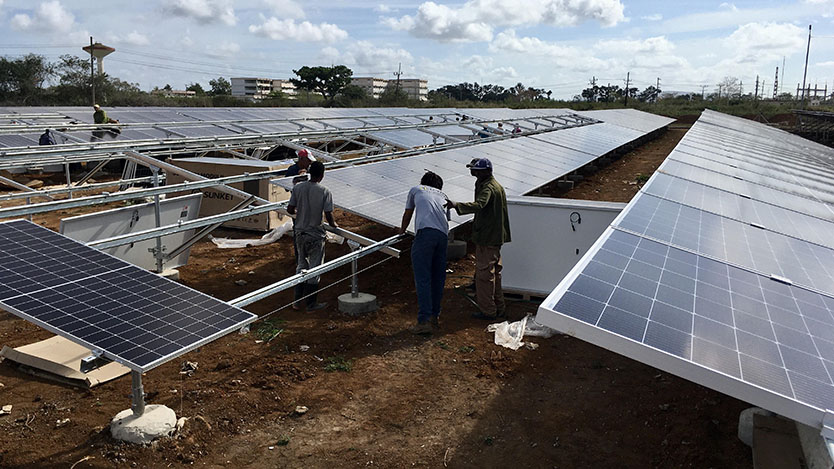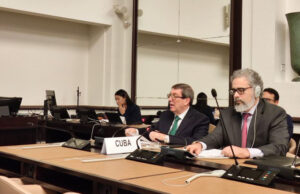In contrast to Ciego de Avila’s high level of electrification and the promotion of modern, efficient irrigation systems in its agriculture, the province is one of the most affected in the country by the incidence of crimes against electricity generation.
In the current economic circumstances in the country, with the energy crisis as one of its most sensitive expressions, profiteers and opportunists profit from the theft of dielectric oil from transformers, fuel at generator sites, as well as parts and pieces from the assembly of photovoltaic solar parks.
The increase in the value of these resources on the black market, which is in direct proportion to the shortage of fuel and supplies, as well as the astronomical rise in speculative prices, is one of the causes and determining conditions for these crimes.
According to Keilyn González Varela, chief prosecutor of the Department of Criminal Proceedings, the province has been the target of 43 criminal acts affecting electricity generation between 2024 and 2025, while 32 defendants are subject to criminal proceedings.
To give you an idea: the theft of 6625 litres of diesel during the year 2024 from the Cayo Coco generator set could have caused the suspension of around 10 hours of electricity service in more than three hotels in the Jardines del Rey tourist resort.
The population does not escape the damage caused by this type of crime either, because if the dielectric oil was stolen from a transformer, for example, many families in an urban or rural community would have suffered prolonged blackouts, given the scarcity of this equipment once it had collapsed.
So far this year, a significant number of screws, washers and nuts were stolen during the assembly of the Ciego-Norte photovoltaic solar park, which would have made it impossible to achieve the capacity to generate some 21 Megawatts for the electricity system once the work was completed.
The Public Prosecutor’s Office has zero tolerance for this type of crime,» concluded María Victoria Sifonte Ayup, chief provincial prosecutor, «from the sanction to be requested to the sanction to be imposed, including the measure of provisional imprisonment, always starting from sabotage and bribery.
Hence the assumption of a severe penal policy, based on the principle of zero tolerance, and the implementation of a prevention campaign, whose main manager is the Provincial Prosecutor’s Office, together with the Party and the Electricity Company, in close liaison with the forces of the Ministry of the Interior and with the political and mass organisations in each community.




